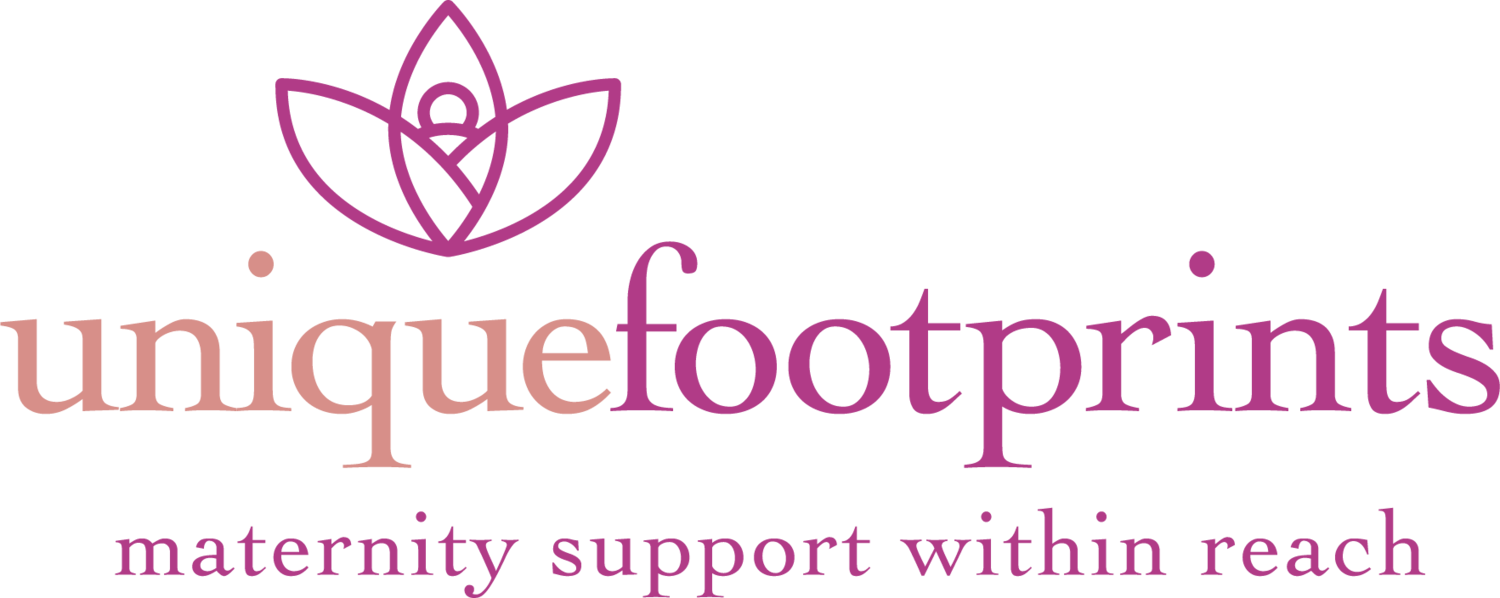5 Pregnancy Superfoods
Leafy Green Vegetables
Nutritionally, greens are very high in calcium, magnesium, iron, potassium, phosphorus, zinc, and vitamins A, C, E, and K. They are crammed with essential nutrients for making a healthy baby and staying healthy yourself. Remember, your baby will take what it needs from you, even if that ends up leaving you depleted, so make sure to get enough nourishment for the both of you!
Choose your favorite greens and when ready to branch out try Arugula, Bok choy, Broccoli, Collards, Lettuce, Kale, Mustard greens, Napa cabbage, Spinach, and Wild greens.
Essential Fatty Acids & Omega-3s
Fat provides energy, aids in absorption of fat-soluble vitamins and supports development of your baby. Essential fatty acids are fats that the body cannot produce and ones you must eat. There is a growing body of research supporting the need for omega-3 fatty acid intake, in particular DHA, to ensure optimal fetal brain and eye development.
It is recommended that pregnant women consume at least 200 mg of DHA per day, which you can achieve by consuming one to two servings of low-mercury seafood per week. The most commonly eaten fish that are low in mercury are salmon, shrimp, sardines, canned light tuna, catfish and pollock. *Bold indicates best sources.
Choline Foods
Choline is not typically found in prenatal supplements, yet it is estimated that 90% of Americans do not get enough of this nutrient. During pregnancy, choline supports optimal fetal brain development, influences cognitive function in later life, and provides protection against birth defects such as spina bifida. While the body’s ability to synthesize choline increases during pregnancy, the demand is so high that mom’s stores are often depleted. A study in 2014 demonstrated the high demand during pregnancy when measurements of choline in amniotic fluid revealed to be ten times greater than that present in maternal blood.
What’s even more interesting about choline is its relationship with folate. Folate is another critical nutrient for pregnancy in prevention of neural tube defects. Choline, folate, and B vitamins all work together, keeping one another in balance.
During pregnancy, recommended intake of choline is 450 mg per day. Great news! It’s considerably easy to get your daily intake through diet alone, most times supplements are not necessary. For instance, eggs are one of the top food sources of choline, providing about 125 mg, or roughly a quarter of the recommended daily amount. Other food sources include chicken, beef, liver, salmon, cod, cauliflower, broccoli and milk.
High Folate Foods
Folate is a B vitamin that helps your baby’s neural tube close. This is the embryo’s precursor to the central nervous system (the brain and spinal cord), so proper closing of the neural tube ensures a healthy nervous system. You need 600 mcg of folate daily. Since the neural tube develops within the first 28 days of pregnancy, it’s important to take your prenatal vitamin and incorporate folate type foods into your diet. Folate prevents certain heart abnormalities, cleft palate and cleft lip. It also lowers the risk of developing anemia, miscarriage, preterm delivery and low birth weight. It can be found in fortified breakfast cereals, lentils, edamame, asparagus, beans, broccoli, orange juice, spinach, asparagus, broccoli and strawberries.
Iron Rich Foods
It’s most important role is that iron contributes to the production of hemoglobin and myoglobin. Hemoglobin helps transport oxygen to your cells while myoglobin transports oxygen to muscles. Iron aids in supporting the immune system, energy production, contributes to healthy birth weight and proper fetal brain and central nervous system development. It’s a big deal. It can be found in fortified cereals, oatmeal, spinach, seafood and beans.
Pro Tip: When taking an iron supplement, you can increase your iron absorption if you take iron with orange juice and make sure you limit dairy 2 hours before and after you ingest iron because diary disrupts your body’s ability to absorb the iron.
Pregnancy Course
We help you have a healthy pregnancy, birth & baby
30 Money Back Guarantee
Motherhood Course
Have an easier recovery and enjoy motherhood.
30 Day Money Back Guarantee
Unique Footprints Authors:
Jenny Morrow, RN, IBCLC, LCCE, RYT
Jenny is a mom, neonatal nurse and founder of Unique Footprints (online pregnancy and early motherhood courses). Jenny has taught over 10,000 expecting families how to prepare for this time in their lives. Read more about Jenny here or you can watch her story.
Caroline Susie, RD/LD
Caroline Susie is a Registered Dietitian, wife, mother of a 3 month old and two Jack Russel Terriers. She currently specializes in prenatal and postnatal nutrition and believes that taking a personalized nutrition approach is best. Learn more about Caroline, here.
From the Unique Footprints editorial team and Jenny Morrow, founder of Unique Footprints. Unique Footprints follows strict reporting guidelines and uses only credible sources from ACOG, the American Academy of Pediatrics, CDC, the U.S. Surgeon Guidelines and the Academy of Nutrition and Dietetics. The UF TEAM also thoroughly researches peer-reviewed studies, academic research institutions and highly respected health organizations. Unique Footprints is endorsed by the American Pregnancy Association.



